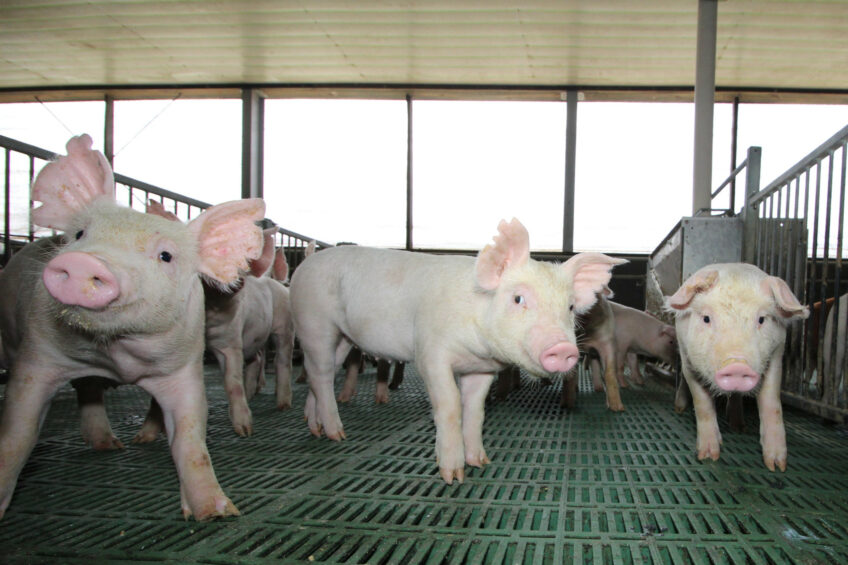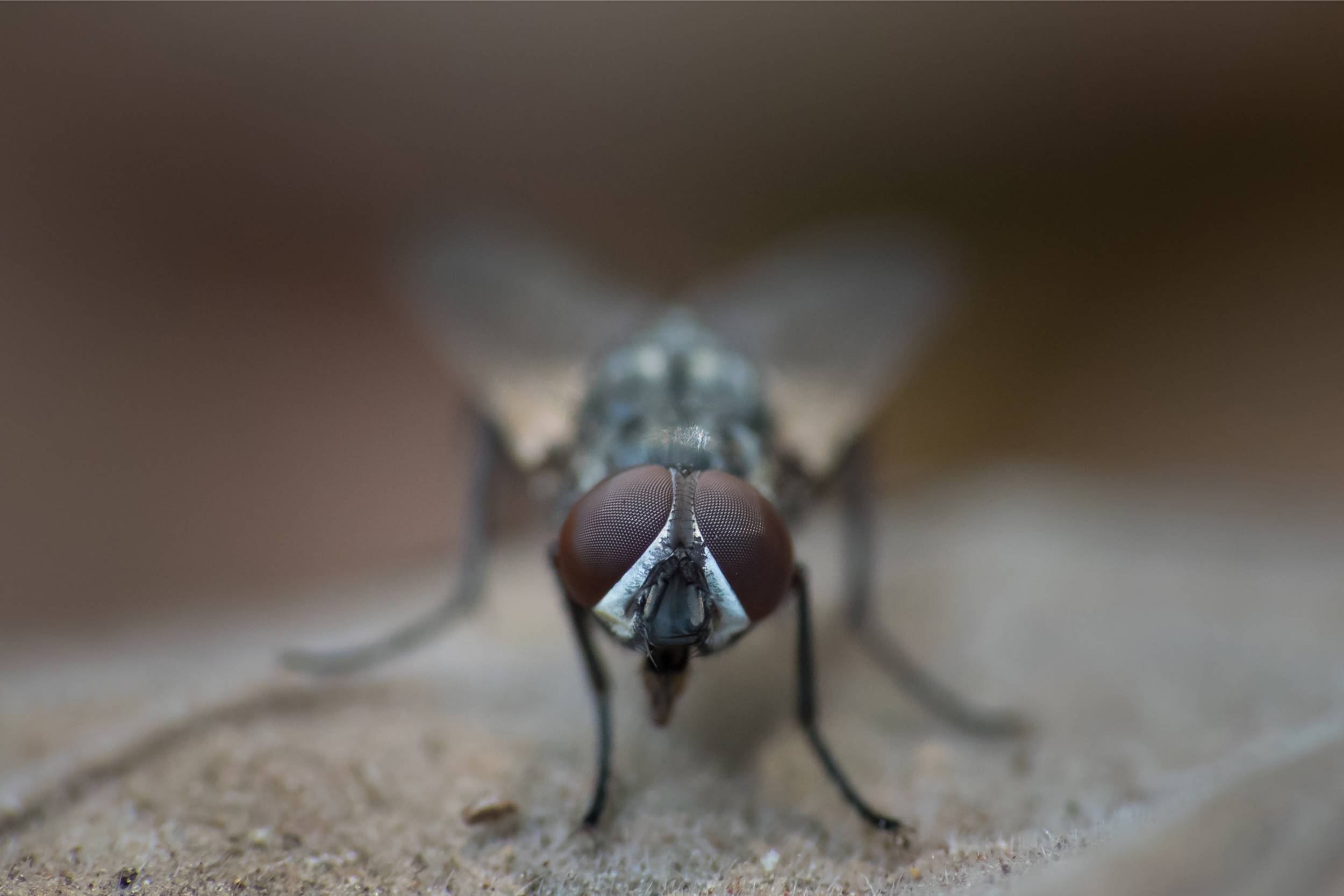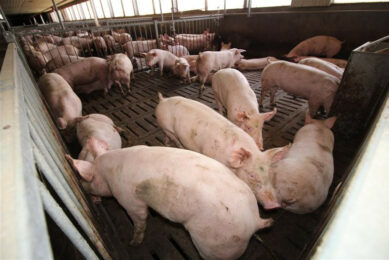ASF Philippines: Guidelines to speed up use of vaccine

The Philippine Department of Agriculture (DA) has issued enhanced guidelines for the use of vaccination against African Swine Fever (ASF). The ministry hopes to reinforce biosecurity measures and minimise the risk of ASF outbreaks.
The guidelines amend previous directives concerning the controlled use of the ASF vaccine, streamlining procedures and expanding coverage to accelerate the nationwide vaccination programme.
The enhancements are designed to speed up the rollout of the ASF vaccination campaigns in key areas, particularly cities with no active ASF cases for at least 40 days or those with negative ASF surveillance results.
Easing requirements for pig farms eager to participate
A significant aspect of the amendment includes easing requirements for farms that wish to participate in the vaccination programme. Farms are required to comply with strict monitoring protocols. Vaccinated farms must be inspected, and regular documentation must be submitted to local authorities and the Bureau of Animal Industry (BAI). Sample collection and testing procedures are emphasised to ensure that vaccinated pigs are free from ASF.
There are also updated guidelines for the movement of vaccinated pigs, requiring clearance based on health and testing outcomes and mandates depopulation for pigs that test positive for ASF and exhibit clinical symptoms
A drop in ASF cases
Various sources speak of a drop in ASF outbreak numbers over recent months. The Philippine News Agency said that the number of ‘red’ zones (barangays with active ASF cases) dropped from 365 early December to 133 early January.
The affected barangays are reported in 8 regions including Cordillera Administrative Region, Ilocos, Central Luzon, Calabarzon, Bicol, Central and Eastern Visayas, and Soccsksargen. The zones most heavily infected are municipalities of Midsayap and Pigkawayan in North Cotabato province, with 18 affected barangays/villages each.
The DA confirmed the drop, crediting actions by the authorities, like an implementation of border checkpoints in most provinces, alongside and vaccination using AVAC live vaccines.
Municipalities are also implementing guidelines. For instance, Aris Aumentado, governor of Bohol province, said every citizen can help through spreading information and enforcing the measures to prevent the spread of the disease. To control ASF spread in Bohol province, Aumentado issued executive orders imposing a 6-month ban on boar-for-hire activities and mandating the accreditation of all pig traders operating in the province.
A surge in pork prices
Local pork prices spiked in the beginning of 2025. The DA attributed the rising prices to the effects of ASF on local production and the post-demand season following the year-end holidays.
Senator Sherwin Gatchalian called for a more comprehensive approach to address the rising prices. He proposed a coordinated strategy involving the DA, the Department of Trade and Industry, the Bureau of Customs and law enforcement agencies to address inefficiencies in the supply chain, including smuggling and hoarding of agricultural products, which contribute to price increases. He said, “The government must also provide ample support to farmers to boost production, lower costs and increase the supply of agricultural goods.”
Increase in meat imports
DA reports show that total meat imports surpassed 1.3 million metric tons (mmt) from January to November 2024. That is more than the 1.2 mmt imported in 2023.
In an interview, DA assistant secretary Arnel de Mesa said the upward trend covers all meat except for duck, lamb and buffalo. He said the biggest imports have been pork because of the continuing ASF problem and the huge demand during the last 2 quarters of 2024. He said, “We imported 591,000 metric tons of pork in 2023, and it went up to 672,000 metric tons in 2024, recording an increase of almost 80,000 metric tons.”
Based on BAI data, the top 3 sources of imported meat are Brazil, the US and Spain.
External factors also influence the Philippines’ meat import volumes. The country recently banned the imports of animal products from Germany due to the recent Foot-and-Mouth Disease (FMD) outbreak. Agriculture secretary Francisco Tiu Laurel Jr. said the ban would remain in place until Germany regains its FMD-free status from the World Organisation for Animal Health.











